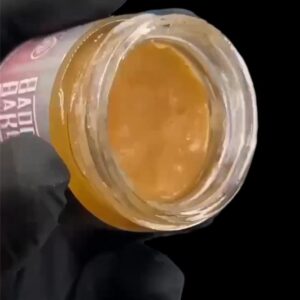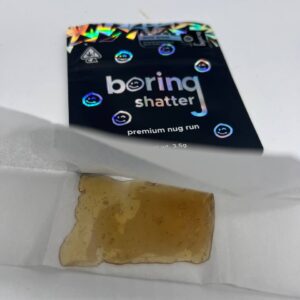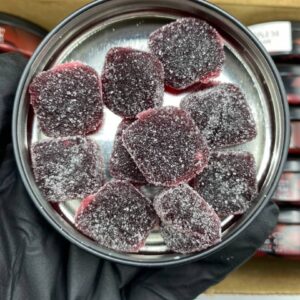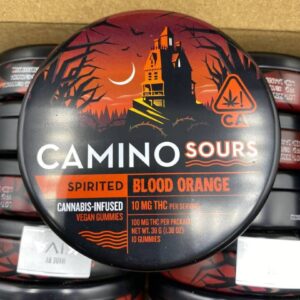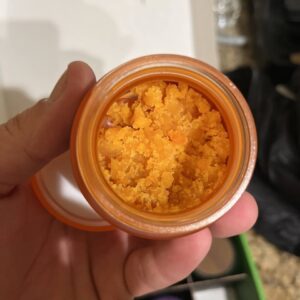The cannabis industry has flourished over the past years, largely owing to the growing acceptance and legalization of marijuana for both medical and recreational purposes across various states and countries.
Understanding THC Tetrahydrocannabinol, or THC, is one of over a hundred cannabinoids found in the cannabis plant. It interacts with the endocannabinoid system in the human body, specifically bonding with CB1 (cannabinoid type 1) receptors in the brain and nervous system, leading to a range of psychological effects. These effects vary from individual to individual and can range from feelings of euphoria and relaxation to heightened sensory perception and creativity. However, THC can also cause negative reactions in some, including anxiety and paranoia. Types of THC Products The innovation in the cannabis industry has led to a wide array of THC products that cater to various preferences and needs. Here’s a breakdown of the main categories: Flower: The traditional form of cannabis, flower refers to the buds of the cannabis plant that are smoked or vaporized. It offers a wide variety of strains with different flavors, aromas, and THC concentrations. Concentrates: These are potent products made by extracting THC and other cannabinoids from the cannabis plant. Concentrates come in various forms, such as wax, shatter, and oils, and can be consumed through dabbing or vaping. Edibles: As the name suggests, these are food items infused with THC. The range is vast, including chocolates, gummies, candies, and even cooking oils. Edibles offer a discrete and convenient way to consume THC, though their effects take longer to manifest and can be more intense and longer-lasting compared to inhalation methods. Topicals: These are THC-infused products applied directly to the skin. Lotions, balms, and oils can provide localized pain relief without psychoactive effects, making them an appealing option for therapeutic use. Tinctures: Tinctures are liquid extracts mixed with a solvent like alcohol or vegetable glycerine. They are taken sublingually (under the tongue), offering a balance between fast-acting and long-lasting effects. Capsules and Pills: These offer a precise and convenient way to consume THC, often with the aim of achieving specific therapeutic effects. They are favored for their discretion and absence of smoke or vapor. Benefits and Therapeutic Uses THC’s interaction with the body’s endocannabinoid system can offer several benefits. It has been shown to help alleviate chronic pain, improve appetite in patients undergoing chemotherapy, reduce symptoms of PTSD, and assist with sleep among others. Further, it’s being continuously researched for its potential in treating various medical conditions including multiple sclerosis, epilepsy, and glaucoma. Considerations and Risks While THC products can offer significant benefits, it’s important to approach their use with caution. The psychoactive effects of THC can impair judgment and reaction time, making activities such as driving unsafe. There are also potential mental health effects, particularly in individuals predisposed to conditions like schizophrenia. Overconsumption can lead to uncomfortable experiences, emphasizing the importance of understanding personal tolerance levels and the potency of products. The Evolving Legal Landscape The legal status of THC products varies significantly worldwide and even within countries such as the United States, where cannabis law is determined at the state level. While some places have fully legalized cannabis for both medical and recreational use, others have decriminalized possession or allow only medical use with a prescription. It is crucial for consumers to stay informed about the legal status of THC products in their respective regions to avoid legal repercussions. Conclusion THC products offer a fascinating and complex world within the cannabis industry, with a wide range of options to suit different needs and preferences. While they hold significant potential for therapeutic use and personal enjoyment, it’s crucial for consumers to approach their use responsibly, keeping in mind their potency, individual reactions, and the legal landscape. As research into cannabis and its compounds continues to advance, the future promises even greater insight into the benefits and applications of THC products.


